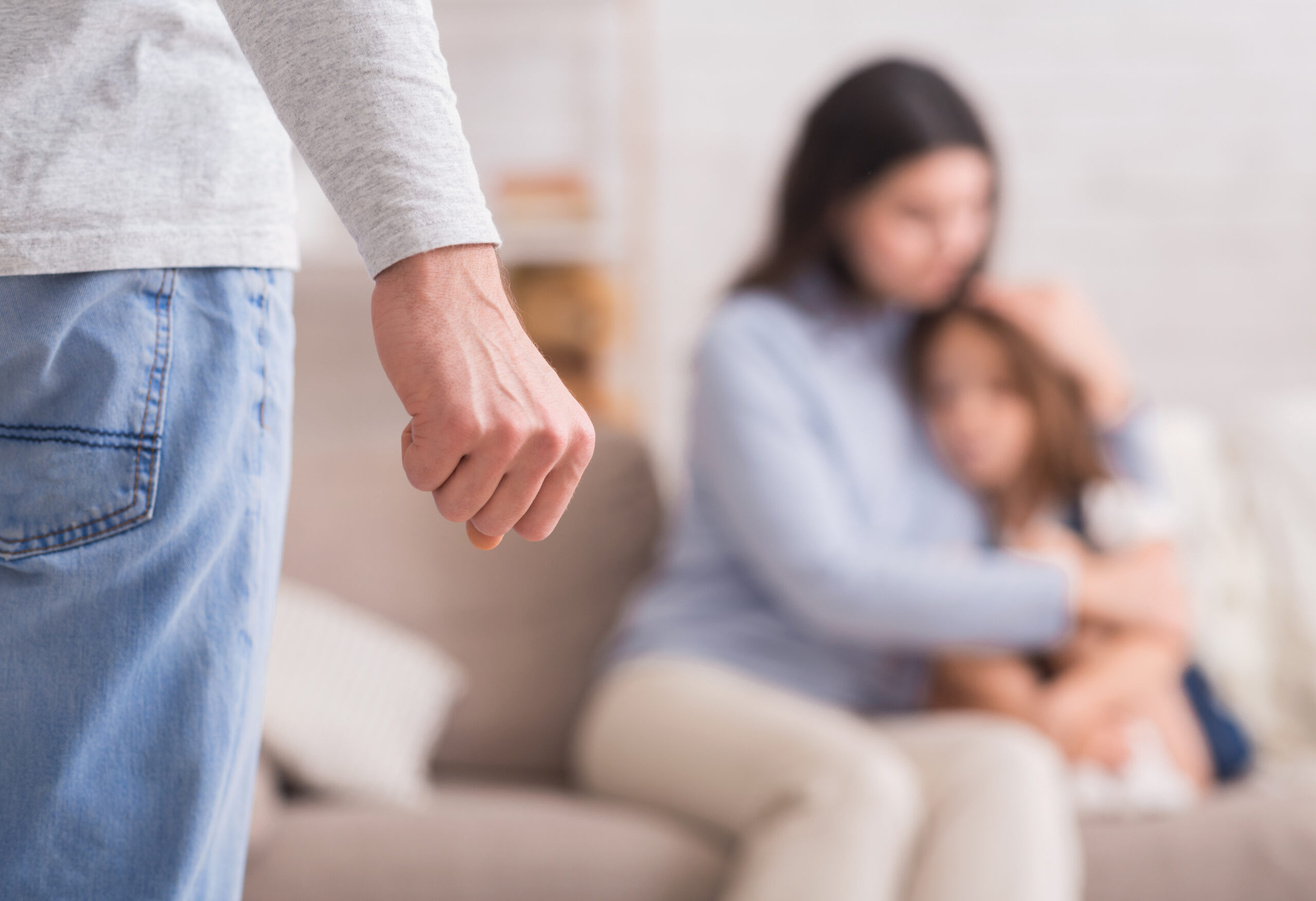
As October concludes, we want to highlight that October is Domestic Violence Awareness Month. AFSPA is joining the campaign to help raise awareness around domestic violence abuse in intimate relationships. Together let’s unite to shed light on this issue and foster a support community for those affected. Together we can make a difference in creating awareness and offering support to those impacted by domestic violence.
Domestic violence, also known as domestic abuse or intimate partner violence, is a recurring pattern of behavior within a relationship that is used to gain or maintain power and control over an intimate partner.
It is imperative to understand that domestic violence extends beyond physical harm; partners can inflict verbal and emotional abuse, perpetuating a cycle of harm that is equally damaging. The impact of hurtful words, intimidation, and/or emotional manipulation can be profound. It can be just as damaging as physical violence.
Not Just Women, Men Too!
Did you know that men also experience domestic violence in an intimate partnership? It happens far more frequently than commonly perceived. Whether in a same-sex relationship or a heterosexual one, men can be subjected to physical, verbal, and/or emotional abuse.
According to the National Coalition Against Domestic Violence, 1 in 4 men have experienced some form of physical violence from their partner. Recognizing and raising awareness about men who experience domestic violence is an essential step in addressing this issue. Often men who experience domestic violence are overlooked. It is important that we foster an environment where men feel safe to come forward and seek help.
How to Identify Abuse
For intervention and support, identifying signs of domestic violence can be crucial. It is important to know that these signs can and very well may vary from case to case. Additionally, it is important to know that abuse is not the victim’s fault. Acknowledging this is pivotal in fostering a compassionate and informed response to those affected by domestic violence. Here are some common signs that you, or someone you know are in a domestic violence relationship:
How to Leave Safely
A healthy relationship is a fundamental right for everyone. If you, or someone you know, are considering leaving an abusive relationship, it is crucial to prepare a safety plan. This personalized plan is designed to improve your safety while navigating through the challenges of abuse, preparing to leave, or in the aftermath of leaving an abusive partner. This personalized approach is strategically crafted to ensure the safety of you and others around you.
How to Support?
Supporting someone in an abusive relationship requires a subtle approach, as there is no one-size-fits-all solution. Understanding multiple ways to provide support is crucial when assisting someone experiencing abuse.
What to do!
What NOT to do!
What Resources Are Available?
You don’t have to face this alone; there are resources available to help you, or someone you know, experiencing a domestic violence relationship. Seeking help is crucial. Call 1 (800) 799-SAFE (7233) or text “START” to 88788. Additionally, you can visit thehotline.org/# to chat with a live advocate. The hotline is safe, free, and confidential. A live advocate is available to assist you 24/7. If there is immediate danger, please call emergency services by dialing 911 for assistance.
To find providers locally, visit thehotline.org/gethelp, where you can search for resources in your community. These resources can include financial support, health resources, transportation assistance, transitional housing, food assistance, and more.
How Can AFSPA Help?
AFSPA’s myStrength program provides members of the Foreign Service Benefit Plan (FSBP) and their covered dependents age 13 and older with evidence-based resources to help overcome depression, anxiety, and more.
If you would like to enroll in the program visit www.mystrength.com, select “Sign-up”, enter the access code “FSBP” and complete the myStrength™ sign-up process with a brief Wellness Assessment and personal profile. Explore other mental wellness programs offered by FSBP that can support you in getting the help you need.
Copyright © 2025 All Rights Reserved by AFSPA.